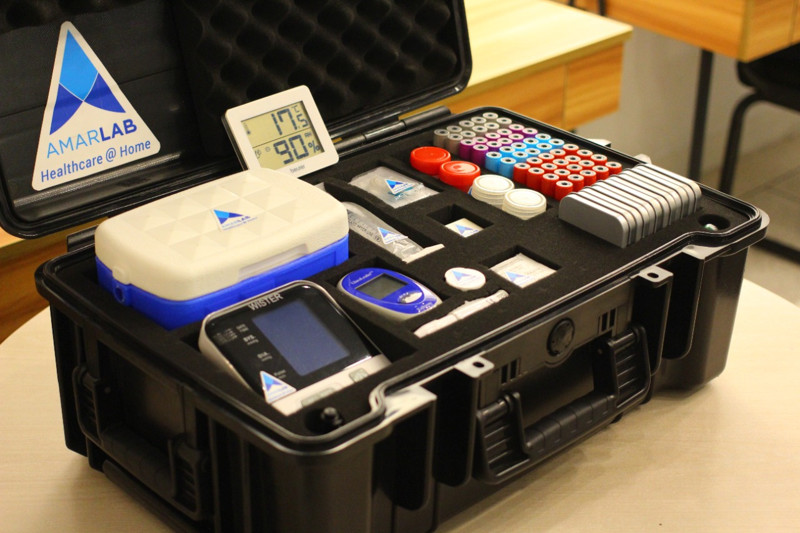
1) New regulatory measures for ecommerce: The Bangladesh Government has announced several new measures to rein in questionable practices and protect consumer rights in the ecommerce sector.
The yet-to-be-implemented measures come after a leaked scathing Bangladesh Bank report on local e-commerce company Evaly that says Evaly had collected money in advance from customers but failed to deliver products on time. And a recent development in the ecommerce sector where several ecommerce players came under fire for luring customers with heavy discounts but often failing to deliver products on time.
Offering hefty discounts to acquire customers is quite common in tech. But most companies spend their own money doing that. Contrarily, ecommerce companies in question owe unfulfilled orders to customers despite taking advance payments and money to merchants. There are rampand complaints regarding delay in delivery, delivery failure, refund failure, etc.
The industry insiders fear that if some of these companies fail to fulfill their obligations to customers and merchants, it would create a negative impact on overall ecommerce industry. The new measures from the government seek to address some of these challenges.
New payment method: Bangladesh Bank will issue a circular notifying the financial institutions to hold back payment to the e-commerce platforms until eCommerce companies submit delivery receipts with customer signatures to the payment gateways. The mechanism, an interim measure, will remain effective until the launch of an escrow service which is expected to be launched in the next few months.
Delivery has to be made within 10 days: eCommerce companies will have to deliver products within 10 days of order. In cases where eCommerce companies would not be able to do so, they will have to notify the payment gateways of their inability within seven days of receiving the orders. In that case, payment gateways will refund the money to customers.
There are still several moving pieces such as whether the 10-day mandatory delivery time should be applicable for orders waiting for delivery or not.
2) Duolingo files to go public
Duolingo, the US-based online language-learning startup valued at $2.4 billion after it raised $35 million in November from Durable Capital and General Atlantic, has officially filed to go public, per TechCrunch. Founded by Luis von Ahn, and Severin Hacker, Duolingo has revolutionized language learning.
The company claims it has more than 500 million downloads and offers courses in 40 languages to about 40 million monthly active users. It uses a freemium business model and a significant percentage of its users don’t pay. The company also has an ad business. Duolingo did not specify how much it expects to raise in its IPO.
3) Amarlab Seeks to Expand Beyond At-home Diagnostics
Amarlab is one of the most prominent players in the fast-evolving digital healthcare vertical in Dhaka.
The company started as an on-demand at-home diagnostics service and has since expanded to several verticals within healthcare, by taking advantage of the integrated nature of the healthcare service, including online doctor consultation, a platform for doctors to run their practices digitally, a prescription writing software for doctors, prescription drugs delivery, etc.
Digital Healthcare has gained meaningful growth in Bangladesh over the last two years amid the coronavirus pandemic. The vertical was already on the rise, thanks to growing internet and technology penetration. The pandemic has accelerated the pace.
We recently published an in-depth interview with Amarlab CEO Tazin Shadid, read it here.
